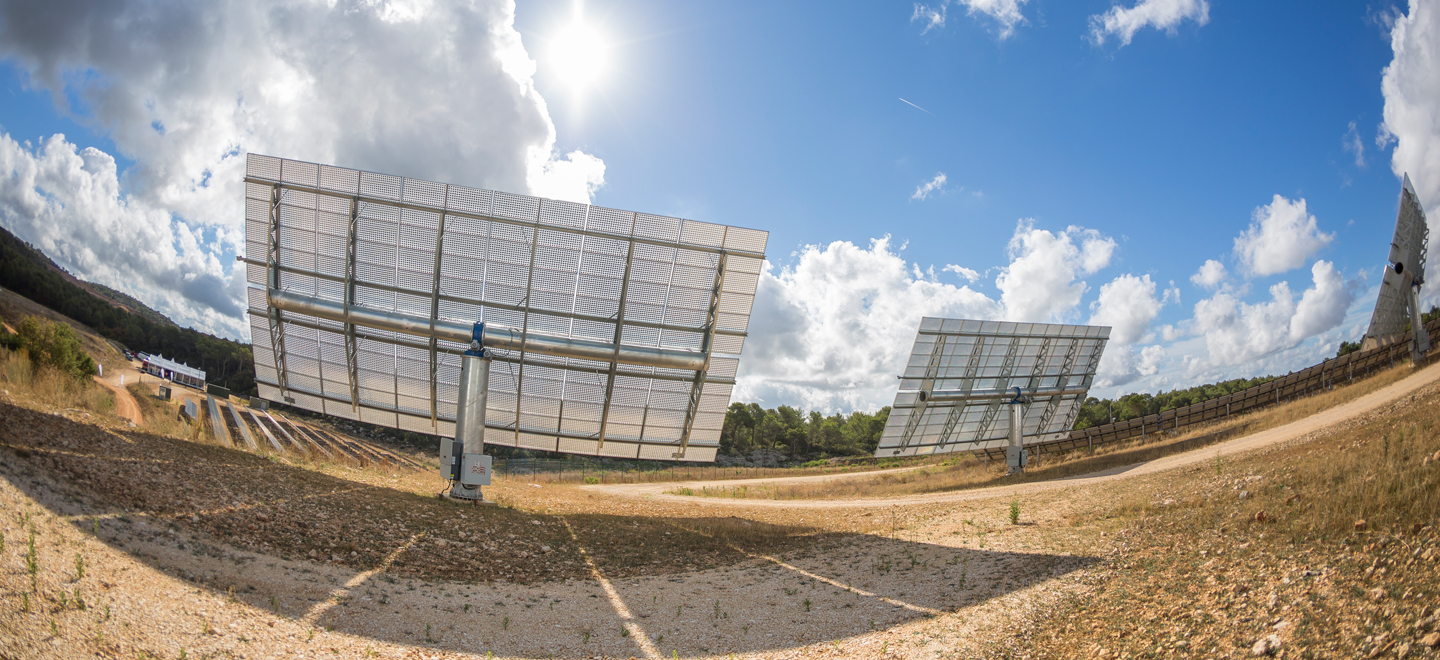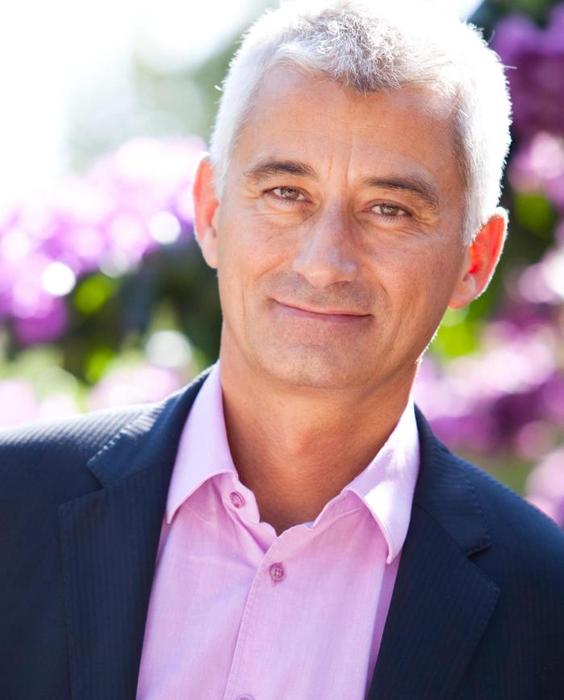

What is ENGIE’s role in the "energy revolution?"
We should first note that this revolution is taking a shape in ways that are contrary to many popularly expressed opinions. When we talk about the energy revolution, we often think “less energy”, with higher costs and more constraints. For many, this it is the only way to save the planet.
But the development of new technologies is now allowing us to say that the future of energy is the exact opposite! We are moving towards a system where power is much more abundant, much cheaper and can be produced and consumed with many fewer constraints.
Then, we must consider that this revolution has meaning only if it improves people's lives. In Africa, for example, this means the difference between not having access to energy and having it, or being immobile and being able to get around.
Even in developed countries, this revolution will help improve our daily lives. A mobility model created for Brussels in 2040 has shown that the average journey from the center of Brussels to the suburbs will decrease from 40 minutes to 20 minutes.
What changes are taking place that will make this revolution a reality?
Several things are happening at the same time that are giving us the means to implement the energy revolution.
For us, the energy revolution must lead to what I call the Full 3D: decentralisation/ decarbonization/digitalization.
This will happen along five main axes:
If you connect all these points, we get a coherent and balanced system for decentralized energy production, large-scale storage, sustainable mobility, buildings that are made “smart” through connected objects and the use of hydrogen. These revolutionary steps are all underway – or in the case of hydrogen, just starting – which constitute a new system with worldwide business models, and which will require large structural investments.
For me, this is the new model for the future of utilities. To keep up with these changes, conventional utilities have to reinvent themselves. ENGIE has a number of advantages in this regard!
ENGIE is already on top of the technological aspect of of this revolution. It already operates in both gas and electricity. It combines the various components – mobility, buildings, energy production, and services – that are essential and global in their scope.
These features clearly differentiate ENGIE from other energy companies. Thanks to its systemic approach to energy, its ability to contract over a long period with local authorities (through concessions), its truly global presence, its expertise in complex infrastructures, its powerful services business and its culture of partnerships, ENGIE is well-positioned to be a driver of the energy revolution.
Sign up for the ENGIE Innovation Newsletter